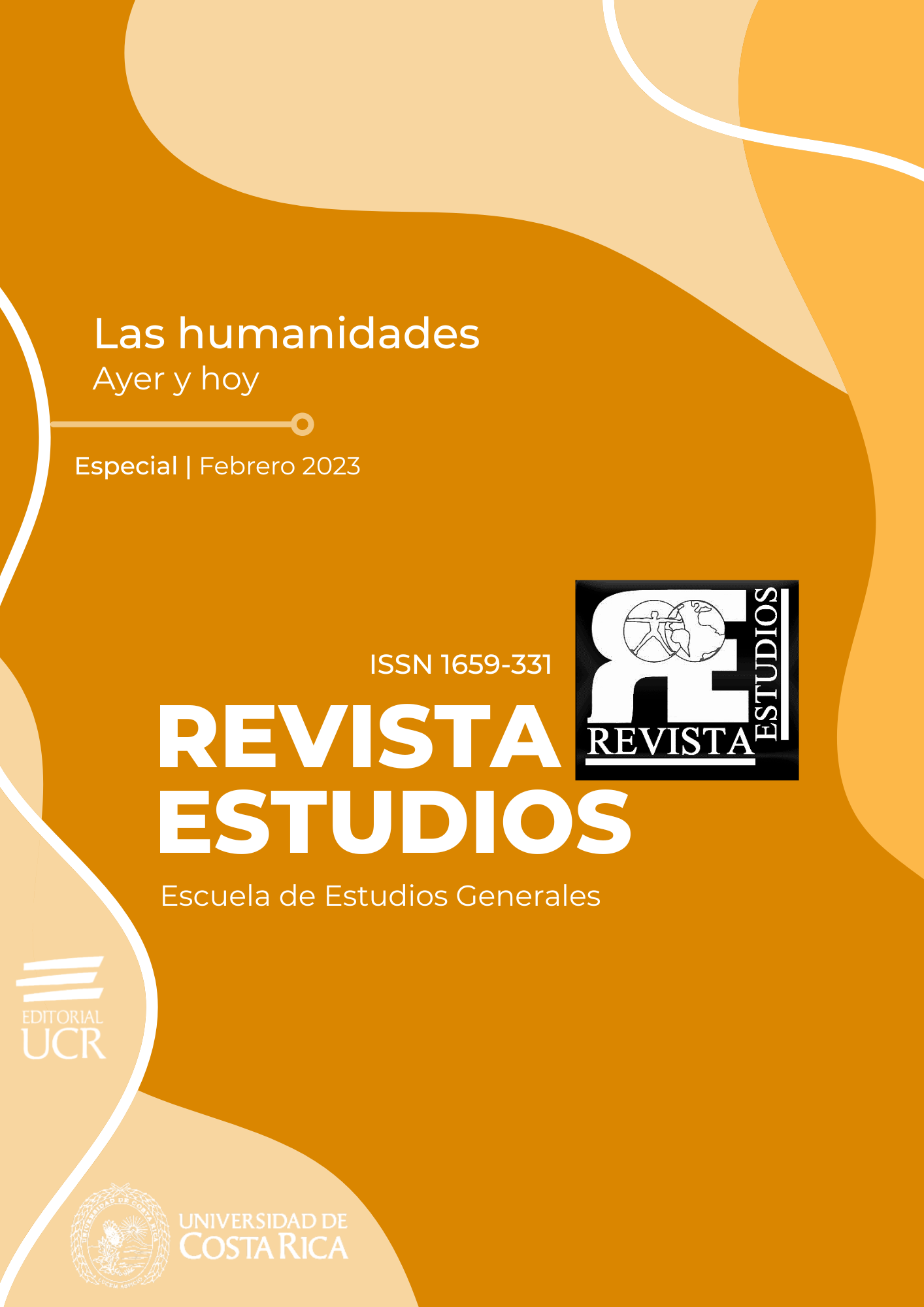Abstract
In the particular case of Freire's liberating proposal, its anthropological basis marks the course of its dialogic action in a double function: a) as self-production of effective identity from dialogicity and encounter; b) to reveal the anti-dialogic nature of the capitalist mode of production. Its logic undermines the possibility of building mutual-participatory relationships when assign inertial identities built from empty signifiers that make up a hegemonic sense of reality. Therefore, the objective of this article is to analyze the way in which dialogicity and anti-dialogicity are part of this dialectical process of liberating self-production and disclosure of the logic of submission in the quotidian. Methodologically, hermeneutics is used as an interpretation of Freire's dialogic text, with categorical support from authors such as Laclau (empty signifier and floating signifiers) and Therborn (three levels of construction of reality).
References
Berger, P. y Luckman, T. (1968). La construcción social de la realidad. Argentina: Amorrortu Editores.
Balsa, J. (Agosto – diciembre, 2006). Las tres lógicas de la construcción de la hegemonía. Theomai, 14, 16 – 36. http://revista- theomai.unq.edu.ar/NUMERO14/ArtBalsa.pdf
Bourdieu, P. (1990). Sociología y cultura. México: Grijalbo.
Freire, P. (1989). La educación como práctica de la libertad. Madrid: Siglo XXI.
Freire, P. (1992). Pedagogía del oprimido. Madrid: Siglo XXI.
Freire, P. (2002). Pedagogía de la esperanza. México: Siglo XXI.
Freire, P. (2004). Pedagogía de la autonomía. España: Siglo XXI.
Gallardo, H. (2014, octubre 2). La parábola del mosquito. Pensar América Latina. https://www.heliogallardo- americalatina.info/index.php?option=com_content&view=article&id=2:liquida dos- y-liquidadores&catid=8&limitstart=1&Itemid=102
Huergo, J. (2015, mayo 2). Hegemonía. Un concepto clave para comprender la comunicación. Facultad de Periodismo y Comunicación social UNPL.
Laclau, E. (2014) Los fundamentos retóricos de la sociedad. Argentina: Fondo de Cultura Económica.
Laclau, E. Y Mouffe, Ch. (1987). Hegemonía y estrategia socialista. México: Fondo de Cultura Económica.
Marx, K. (2003). El 18 brumario de Luis Bonaparte. Madrid: Fundación Federico Engels.
Soto, J., Bernardini, A. (1998). La educación actual en sus fuentes filosóficas. Costa Rica: UNED.
Therborn, G. (1991). La ideología del poder y el poder de la ideología. México: Siglo XXI.
Zizek, S. (2003). El espectro de la ideología. Argentina: Fondo de Cultura Económica.

